Exploring the Future of a Decentralized Internet: Advantages, Challenges, and Potential Impact
Embracing the Dawn of a Decentralized Internet
In recent years, the concept of a decentralized internet has emerged as a promising alternative to the centralized model that dominates the digital landscape. This paradigm shift holds the potential to revolutionize the way we perceive, interact with, and secure the vast expanse of cyberspace. By delving into its advantages, addressing the challenges it faces, and examining its potential impact, we can unlock insights into the future of a decentralized internet.
Advantages of Decentralization in Cyberspace
Enhanced Security and Privacy
One of the foremost advantages of a decentralized internet lies in its ability to bolster security and privacy. Unlike centralized systems, where a single point of failure can lead to catastrophic breaches, decentralized networks distribute data across a multitude of nodes, making them inherently more resilient to cyberattacks. Additionally, users retain greater control over their personal information, mitigating the risks associated with data breaches and unauthorized surveillance.
Democratization of Access
Decentralization has the power to democratize access to information and digital services. By eliminating intermediaries and gatekeepers, it empowers individuals and communities to participate in the online ecosystem without being subject to arbitrary censorship or exclusion. This inclusivity fosters innovation and creativity, paving the way for a more equitable and accessible internet for all.
Improved Scalability and Reliability
Traditional centralized networks often struggle to accommodate the growing demands of an increasingly interconnected world. In contrast, decentralized architectures offer greater scalability and reliability by leveraging distributed computing resources. This enables seamless scalability without compromising performance, ensuring consistent access to digital services even in the face of surging user volumes or network congestion.
Challenges on the Road to Decentralization
Technical Complexity
Despite its promise, the transition to a decentralized internet presents significant technical challenges. Building and maintaining decentralized protocols and platforms requires sophisticated cryptographic techniques, consensus mechanisms, and peer-to-peer networking infrastructure. Overcoming these complexities demands collaboration among experts from various fields and continuous innovation in decentralized technologies.
Regulatory Uncertainty
The regulatory landscape surrounding decentralized technologies remains uncertain and, at times, hostile. Policymakers grapple with reconciling the principles of decentralization with existing legal frameworks designed for centralized systems. As a result, regulatory clarity is essential to foster innovation while addressing legitimate concerns such as consumer protection, financial stability, and national security.
User Adoption and Education
For decentralization to realize its full potential, widespread user adoption and education are paramount. Many individuals remain unfamiliar with the concept of decentralization and its implications for their online experiences. Bridging this knowledge gap requires concerted efforts to raise awareness, simplify user interfaces, and demonstrate the tangible benefits of decentralized applications and services.
Potential Impact of a Decentralized Internet
Reshaping Digital Economies
A decentralized internet has the potential to reshape digital economies by redistributing power and value across the ecosystem. Through decentralized finance (DeFi), blockchain-based marketplaces, and tokenized assets, individuals can transact directly with one another without relying on traditional financial intermediaries. This disintermediation fosters financial inclusion, reduces transaction costs, and unlocks new avenues for economic participation and wealth creation.
Empowering Digital Sovereignty
Decentralization empowers individuals and communities to reclaim sovereignty over their digital lives. By decentralizing control over data, identity, and communication channels, users can assert greater autonomy and resist encroachments on their privacy and freedom of expression. This newfound sovereignty serves as a bulwark against centralized authorities and corporate monopolies, ensuring a more resilient and democratic internet for generations to come.
As we traverse the ever-evolving landscape of cyberspace, the journey toward a decentralized internet beckons with promise and possibility. While challenges abound, the advantages of decentralization — enhanced security, democratized access, and improved scalability — beckon us toward a future where individuals wield greater control over their digital destinies. By embracing innovation, fostering collaboration, and advocating for regulatory clarity, we can chart a course toward a more equitable, resilient, and decentralized internet for all.



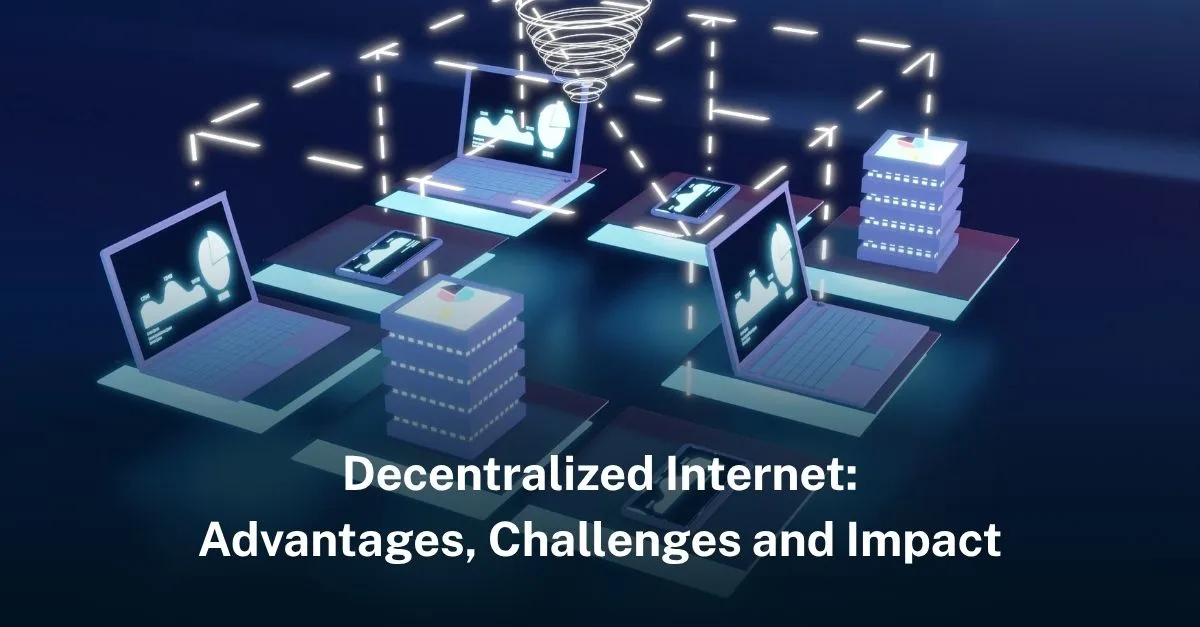
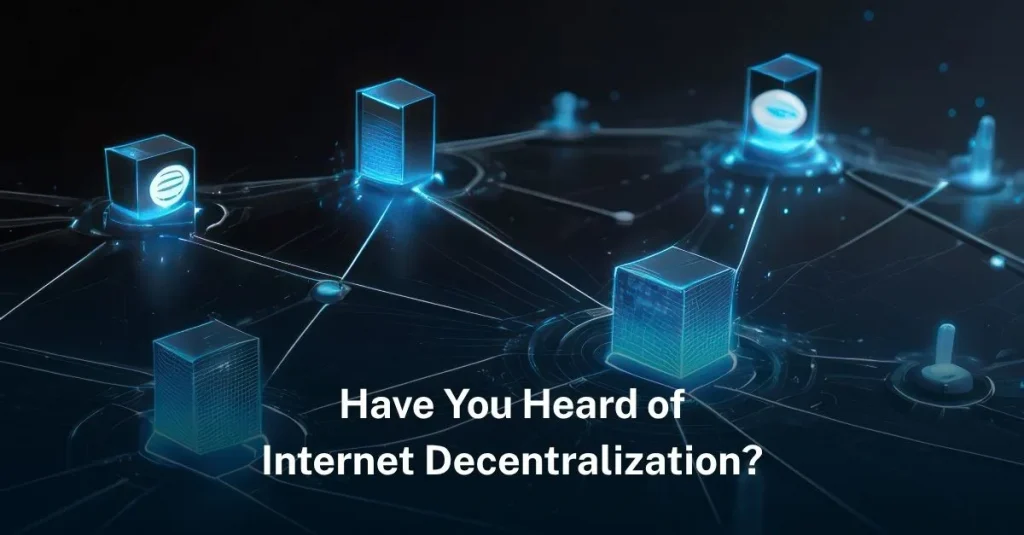
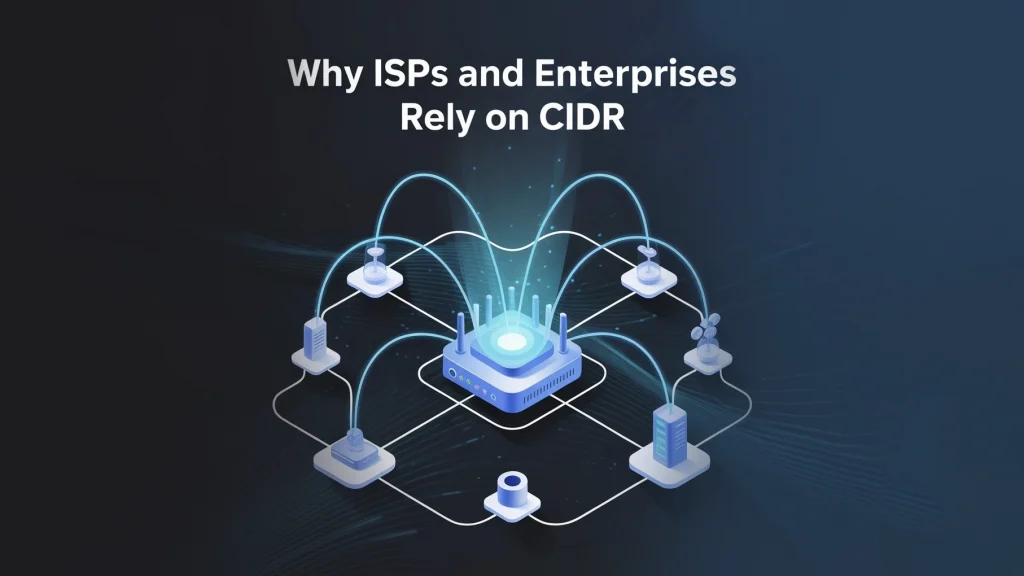
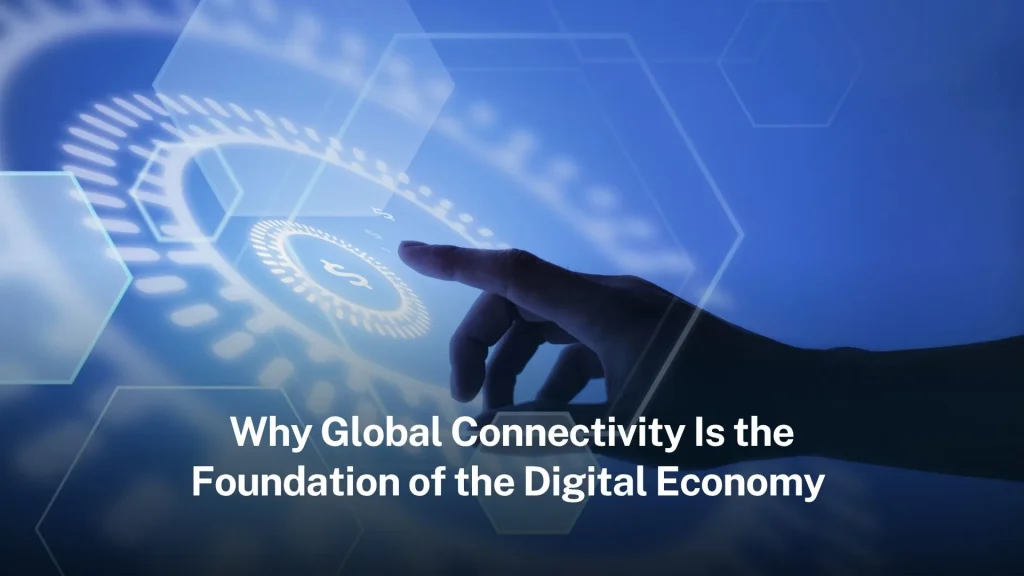
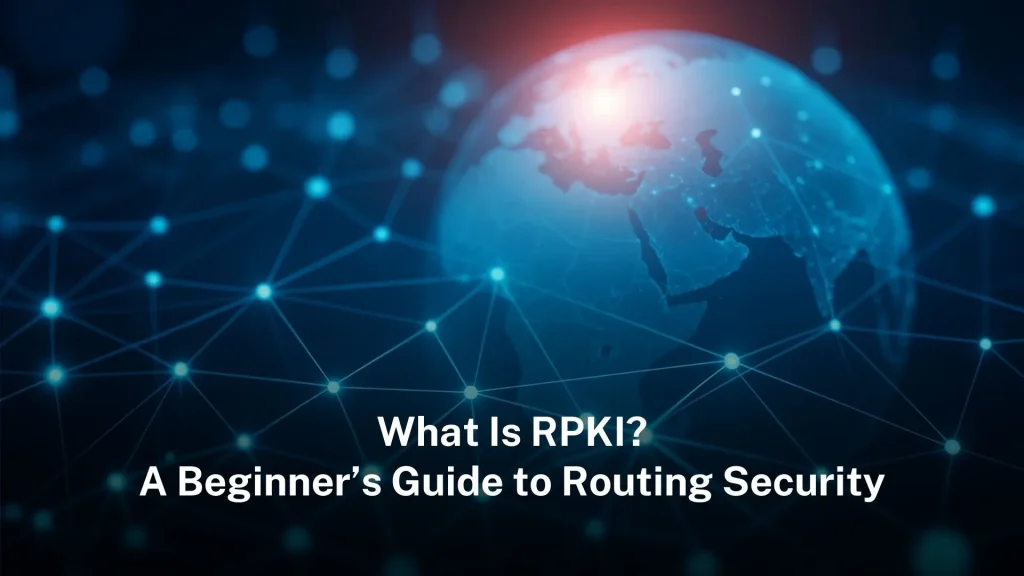

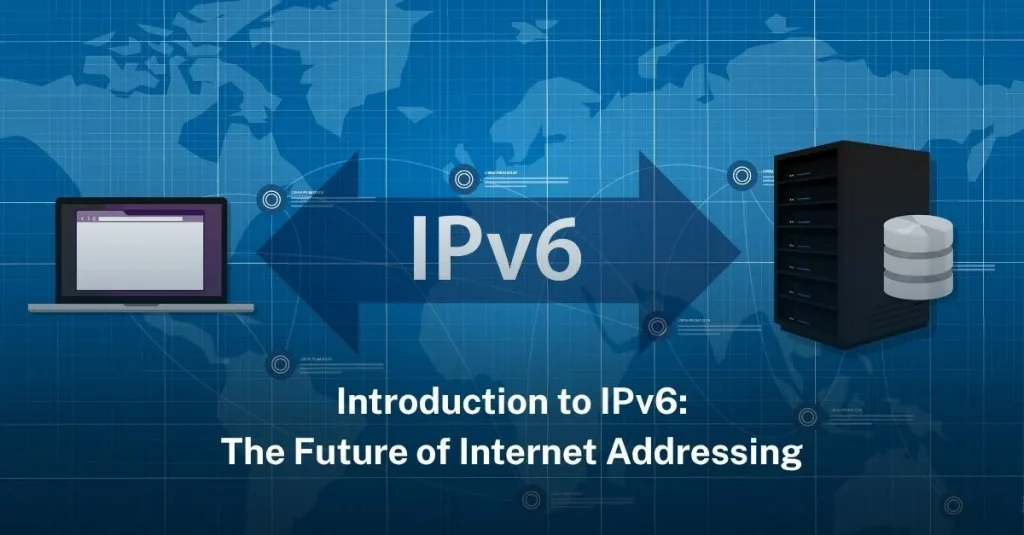
Leave a Reply